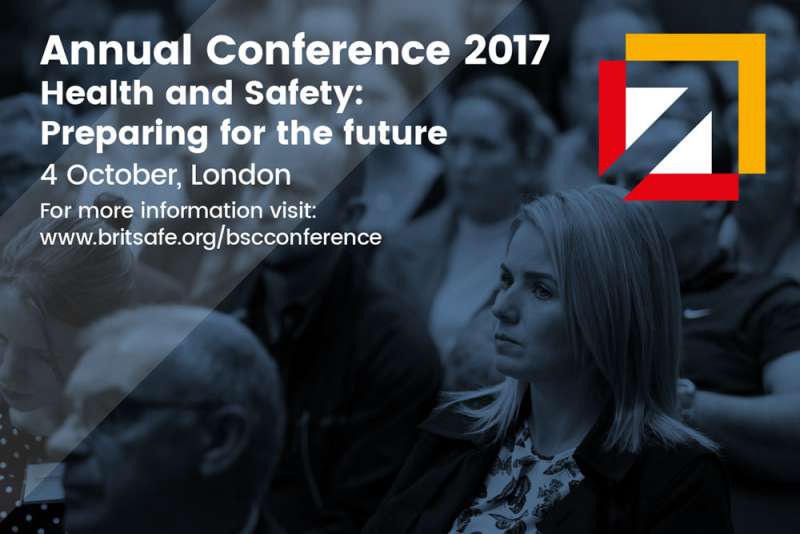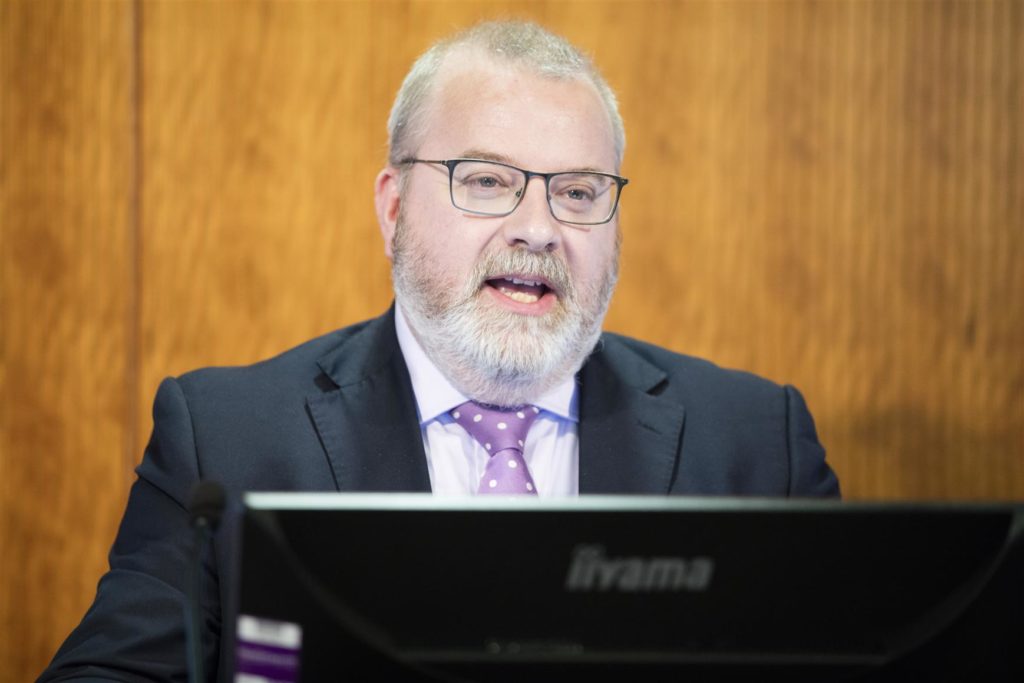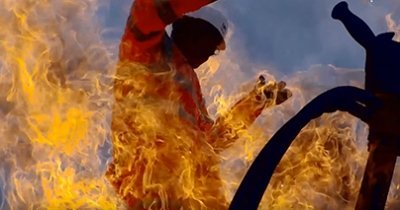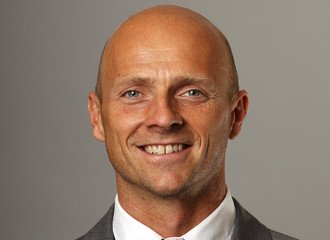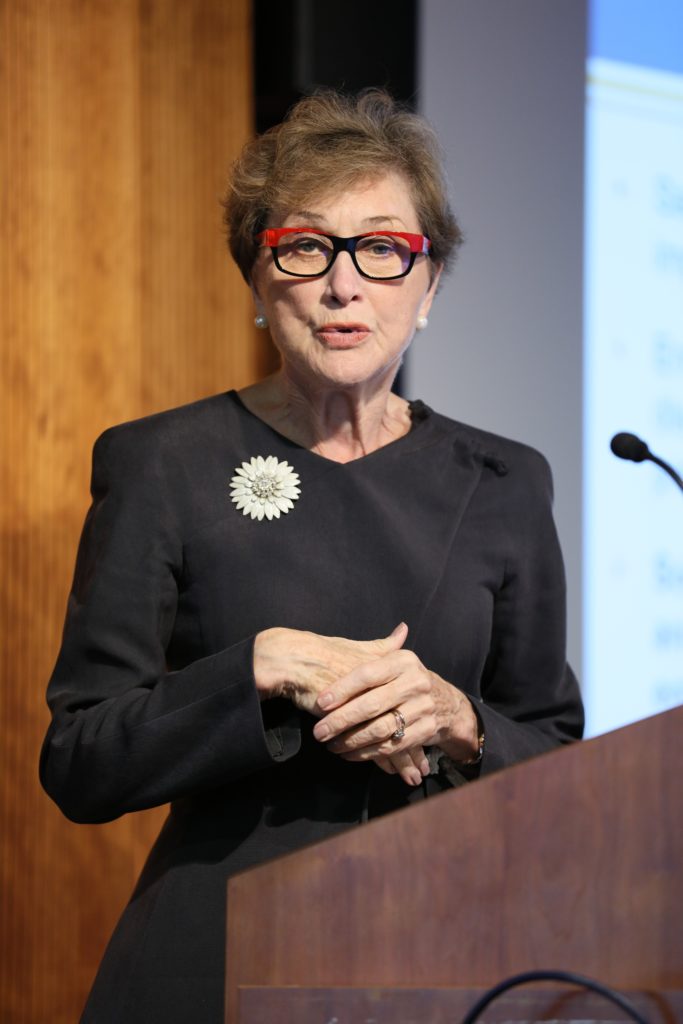 The British Safety Council hosted an excellent annual conference, with over 200 leaders from across the health and safety industry in attendance. This year’s conference was chaired by Spencer Lee, health and safety manager at Arsenal Football Club….later to be rightly pointed out as a Chelsea supporter! One of many surprises throughout the day.
The British Safety Council hosted an excellent annual conference, with over 200 leaders from across the health and safety industry in attendance. This year’s conference was chaired by Spencer Lee, health and safety manager at Arsenal Football Club….later to be rightly pointed out as a Chelsea supporter! One of many surprises throughout the day.
The theme for the day was ‘Health and Safety: Preparing for the Future’, a topic never as important as it is currently. Mike Robinson, chief executive of the British Safety Council introduced the day, touching as one would expect on the impact of the dreadful tragedy at Grenfell Tower, which unfolded only a few miles from their headquarters.
Mike also discussed their expansion into India, launch of the Mates in Mind initiative and new emphasis on their qualifications. Sounds like a busy time for the team at the British Safety Council as they come to the end of the 60th year.
Following Mike, a smorgasbord board of industry leaders from throughout health and safety took the stage. With topics ranging from augmented reality and Brexit to Millennials in the work place to be discussed, debated and dissected. We were in for a verbal feast.
Preparing the country
 David Snowball, director of regulation at the Health and Safety Executive opened proceedings to give an overview of regulatory priorities – “Preparing the Country”. As Brexit was on the agenda later in the day David focused more on the changing work environment and particularly the impact of the changing workplace and gig economy.
David Snowball, director of regulation at the Health and Safety Executive opened proceedings to give an overview of regulatory priorities – “Preparing the Country”. As Brexit was on the agenda later in the day David focused more on the changing work environment and particularly the impact of the changing workplace and gig economy.
Perhaps this is not as new as we are led to believe, as David mentioned that although the ways of working are changing there have always been “self-employed” contractors on building sites, and although they might have been “self-employed” from a tax point of view they are not self-employed from a health and safety point of view.
This form of employment is what we are increasingly seeing with the rise of zero hours contracts. Perhaps the regulation, although creaking and will need some refinement, has the ability and capacity to handle the changes.
Later in our interview with him he made an interesting observation, through posing thought provoking questions. Are zero-hour contracts modern day feudalism? Taking the country back to the times of dock workers waiting to be picked for a day’s work? As a society have we confused the ability to make much more broadly-based choices with a return to poor feudal management? These questions then naturally move onto the impact of the employees’ health, safety and wellbeing.
Health and safety testing
 Professor Andrew Curran, chief scientific advisor and director of research, at the Health and Safety Executive took to the stage. The Health and Safety Laboratory are being tested themselves like never before with the rate of change in the world posing new and innovative challenges for his team of 850 scientists, engineers and physicians.
Professor Andrew Curran, chief scientific advisor and director of research, at the Health and Safety Executive took to the stage. The Health and Safety Laboratory are being tested themselves like never before with the rate of change in the world posing new and innovative challenges for his team of 850 scientists, engineers and physicians.
Talking about the working world of the future, Andrew pointed out that we are not that far away from a world where it is normal for a great-grandfather to be working with their great-granddaughter. In a later conversation we had with Andrew, he believes, perhaps unsurprisingly with four generations in the workplace, one of the largest challenges will be education and how we transmit and communicate information to the different demographics working alongside each other.
Perhaps the biggest point to be taken away from Andrew’s talk was a sense of urgency. As Andrew went on to say, “The most important message is that people need to start to think about these things now as the future is inevitable, change is inevitable, if you’re catching up with change you are not necessarily going to be agile enough as a business to ensure you can be as productive and innovative in the space that you are working in”
One of the most anticipated talks of the day was given by Professor Paul Almond, research division leader, law, at the University of Reading who discussed health and safety in the Brexit process. Sadly, Paul did not have a crystal ball to give a blow by blow account of exactly how negotiations will pan out and exactly what to expect post Brexit for health and safety.
However, he did make some interesting points. The first being that nothing will change quickly in legislation, everything we have the day before Brexit will become UK law the day after, we are not going to fall off a legislative cliff. The job of then working through legislation will take a very long time. At a rate of a 1-hour debate per act, Paul estimated this could take 6 years!
He did also make the point that there will be a black hole from where a large amount of our legislation is currently created – through European mechanisms. This will put huge pressure across many parts of the UK as the country battles to fill this hole. However, Paul predicts it will then fall to the health and safety industry and practitioners to fill this gap and really take a leadership and influence position on UK health and safety legislation.
Immersive drama
 Perhaps the biggest surprise and highlight for many at the event was the Active Training Team’s “performance”. Combining immersive film and live drama to portray a tragic health and safety event.
Perhaps the biggest surprise and highlight for many at the event was the Active Training Team’s “performance”. Combining immersive film and live drama to portray a tragic health and safety event.
Including extensive audience participation, the performance brought home the realities of both the conflicting pressures in a work environment which leads to incidents and the impact this causes on those involved.
The Active Training Team are fresh from running a course with Thames Tideway and no doubt they will be in demand moving forward given the very positive reaction from the audience.
Rugby and motivation
 One of the final speakers was Calvin Morriss, senior high-performance consultant at World Rugby and former head trainer for the English Rugby Team, including the period when they won the World Cup.
One of the final speakers was Calvin Morriss, senior high-performance consultant at World Rugby and former head trainer for the English Rugby Team, including the period when they won the World Cup.
Teams are teams and people are people, if they are in health and safety, construction, recruitment, or rugby. Learning from other fields who have brought teams together and have been successful can only benefit everyone involved. Calvin mentioned a recent study which pinpointed a strong leader as the key to a high performing team, not necessarily a team of stars, perhaps something for everyone to think about.
Being a Kiwi I could not resist asking the question of what went wrong from a team and leadership point of view, with the ill-fated English rugby trip to the World Cup in New Zealand. In this tour the team suffered bad performances on the pitch and ill-discipline off it. Calvin’s answer was perhaps something we can all take into our teams.
If something goes wrong don’t ignore it and hope it will go away, identify it, have the difficult conversations if required and move on. Or you might find one issue snowballing……or as the English rugby team found, one of your health and safety team larking around and jumping off a ferry as it is coming in to dock!
Wellbeing and mental health
 The day was capped off with an excellent talk from Professor Dame Carole Black, on wellbeing and mental health. She particularly focused on one successful program within the NHS which explicitly links financial bonuses for the NHS Trusts with an improvement in wellbeing for their employees.
The day was capped off with an excellent talk from Professor Dame Carole Black, on wellbeing and mental health. She particularly focused on one successful program within the NHS which explicitly links financial bonuses for the NHS Trusts with an improvement in wellbeing for their employees.
Perhaps this direct financial reward method is one every work place should look at?
Lynda Armstrong, OBE closed the day. Due to retire from the British Safety Council after 7 years, it was a good opportunity for the audience to show their gratitude.
An excellent event hosted by the British Safety Council with robust debate and informative discussions. Already looking forward to next year’s event, thank you again to Mike Robinson and the team at the British Safety Council.
What makes us susceptible to burnout?
In this episode of the Safety & Health Podcast, ‘Burnout, stress and being human’, Heather Beach is joined by Stacy Thomson to discuss burnout, perfectionism and how to deal with burnout as an individual, as management and as an organisation.
We provide an insight on how to tackle burnout and why mental health is such a taboo subject, particularly in the workplace.

